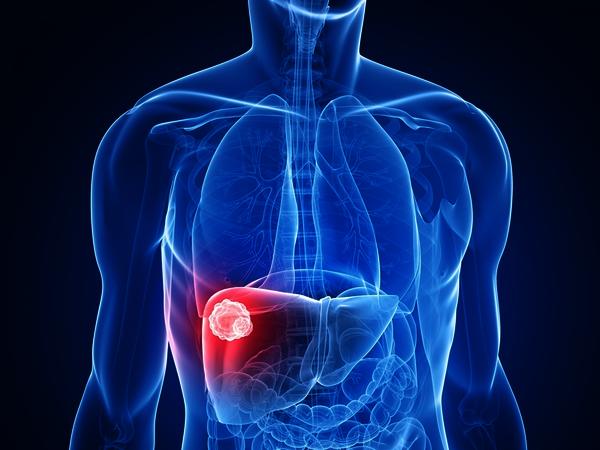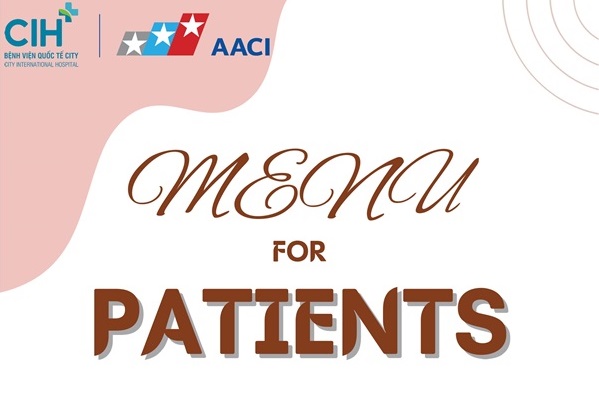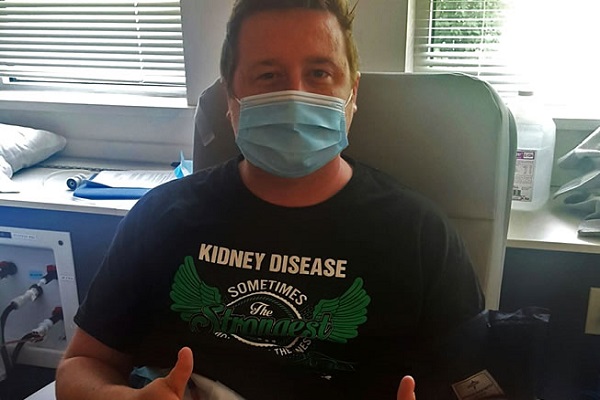Without treatment, Liver Inflammation (long term) may stop the liver from functioning and lead to liver failure, dangerous decrease of Nutrient Absorption, cause of cirrhosis and serious risk of liver cancer. “Explained A/Prof.Dr.Tran Quang Binh, Deputy Medical Director in charge of Internal Medicine Dept. City International Hospital.
What is Hepatitis?
Hepatitis refers to an inflammation (swelling) of the liver cells and damage to the liver, caused by a viral infection, poisoning, and autoimmune conditions (diseases in which the body’s immune system attacks healthy cells). However, it’s most commonly caused by a group of viruses that attack the liver and spread from person to person. Not all people with hepatitis experience symptoms and many people with the disease don’t realize they’re infected. When present, the condition can be self-limiting or can progress to fibrosis (scarring), cirrhosis or liver cancer. There are five main types of viral hepatitis — A, B, C, D and E. Each type has different characteristics and is transmitted in different ways:
Hepatitis A (HAV)
Hepatitis A, caused by an infection with the hepatitis A virus (HAV), is an acute illness (acute viral hepatitis) that never becomes chronic. This type of hepatitis is most commonly transmitted by consuming food or water contaminated by the fecal-oral route.

Hepatitis B (HBV)
Hepatitis B is caused by an infection with the hepatitis B virus (HBV) with commonly fever symptom. This is acquired through blood or body fluids. So it can be passed on from another person during sex, or by use of contaminated needles (for example, by drug users). It can also be passed from a pregnant mother to her baby. Although it can be an acute illness, in some cases it can develop into a chronic illness and cause liver damage.
Hepatitis C (HCV)
This is also spread through blood or body fluids, similarly to hepatitis B. This is more likely to become a chronic illness and cause long-term liver problems. Symptoms of acute hepatitis C include joint pain, loss of appetite, nausea, tiredness, fever, abdominal pain and jaundice (yellowing of the skin and eyes). Without in time treatments, chronic carriers of hepatitis C are at risk of chronic (long-term) liver disease, which causes progressive damage to the liver, like cirrhosis (a scarring of the liver.)
Hepatitis D (HDV)
This is spread in the same way as hepatitis B and hepatitis C. However, it can only affect people who also have been infected with hepatitis B. It tends to make that disease more severe.
Hepatitis E (HEV)
This is a similar illness to hepatitis A. It is also spread through contaminated food and drink. For some people with advanced 'scarring' of the liver (cirrhosis), liver transplantation may be an option.
Symptoms & Complications of Hepatitis
All hepatitis usually has similar early onset symptoms. The most common symptoms of hepatitis are things like loss of appetite, fatigue, mild fever, muscle or joint aches, nausea and vomiting, pain in your belly. However, Chronic infection and inflammation can lead to extensive scarring of the liver (cirrhosis) and impaired liver functions such as liver failure, hepatic coma, ascites, hemorrhage, liver cancer, and death. Specific status in each group of viruses as follows:
Hepatitis A, E: Nausea, vomiting, fever, jaundice are common signs of these two groups of viruses. If not treated promptly, allowing them to thrive can cause acute liver failure and Mental changes, such as stupor (being in a daze) or coma, even death.
Hepatitis B, C, D: consists of acute and chronic stages. The disease is highly contagious and currently there is no definitive treatment. If it is not detected and treated early, it is easy to develop cirrhosis and liver cancer. In particular, hepatitis C vaccine is not currently available.

Prevention
Understanding Hepatitis Prevention and Control is the key. Vaccines are available to protect you against hepatitis. Infants should be immunized with hepatitis B as soon as possible, preferably within 24 hours of birth. But young people and adults need to be tested and vaccinated for Hepatitis B. Viral hepatitis has many ways of invading the body, but you can take steps to reduce your risk of infection at home and away.
Hepatitis B, C, and D: Never share syringes, shaving razors, toothbrushes or tattooing or piercing supplies Practice safe sex, condoms and other barrier methods greatly reduce the risk.
Hepatitis A, E: Consume fully cooked food and eat when it's hot. Do not eat raw foods. Boil water and drink when it cools down. Regularly wash your hands with soap and clean water after using the restroom, after changing the baby diaper and before cooking.
To reduce the risk of non-viral hepatitis, avoid excessive alcohol consumption and consult with a healthcare professional about medications and supplements.
Treatment
Depending on the type of hepatitis virus and the condition (acute or chronic hepatitis, active or inactive viral hepatitis), your doctor will prescribe various therapeutic drugs. Typically, treatment medications of these conditions are viral suppressants or drugs that affect the immune system in order to combat viral replication, eliminate viral replication and Boost Your Immune System. Treatment drugs can be used when needed such as: Secretin, intravenous fluids, diuretic with dark yellow skin; Vitamin K when there is bleeding syndrome; Group B vitamins, but must be prescribed and the dosage of the doctor.
For more information , please contact
General Internal medicine Department
? Address: No. 3, 17A Street, Binh Tri Dong B Ward, Binh Tan Dist. (Next to AEON Mall
Binh Tan). Ho Chi Minh City.
? Phone: (8428) 6280 3333 (Ext. 8083)
? Website: www.cih.com.vn.
? Fanpage: https://www.facebook.com/BenhVienQuocTeCity



























